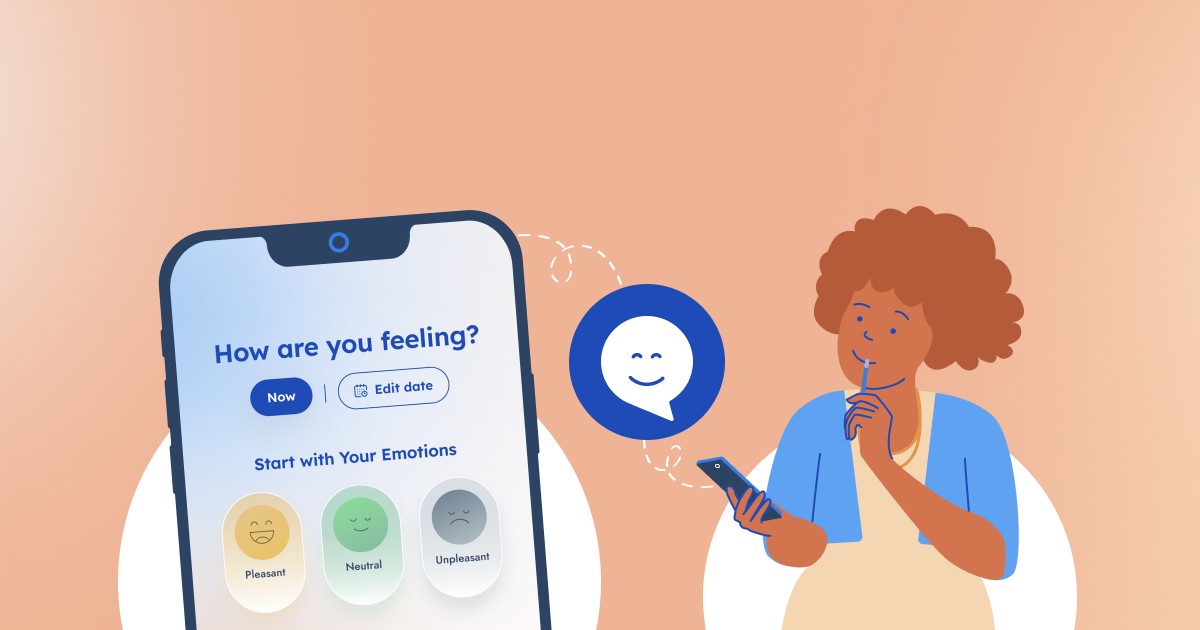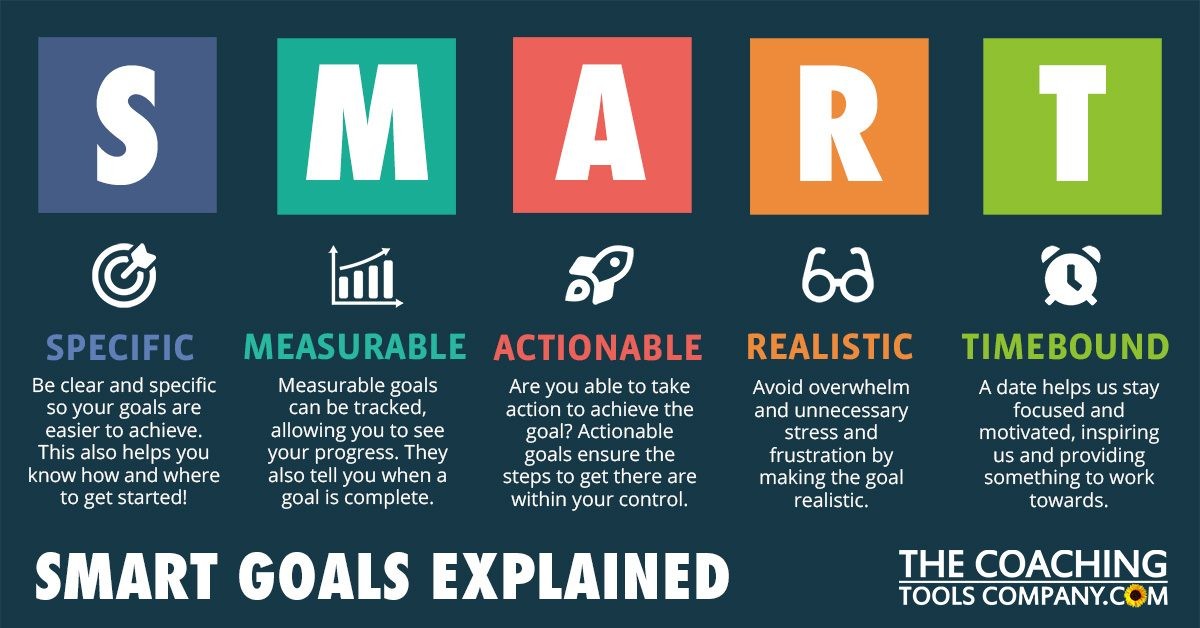In an age dominated by automation, algorithms, and digital interfaces, the idea of building a business that feels human might seem counterintuitive. Yet, it’s precisely this human touch that sets enduring companies apart. Businesses that resonate emotionally with customers, employees, and partners tend to foster deeper loyalty, stronger relationships, and more sustainable growth. The challenge lies not in rejecting technology, but in using it to amplify human values rather than replace them.
At the heart of a human-centered business is empathy. It’s not just a buzzword—it’s a strategic imperative. Empathy means understanding the needs, frustrations, and aspirations of the people you serve. It starts with listening, not just through surveys or analytics, but through genuine conversations. When leaders make time to hear what customers are really saying, and when teams are encouraged to share their experiences openly, a culture of empathy begins to take root. This culture influences everything from product design to customer service, making interactions feel personal and thoughtful.
Authenticity is another cornerstone. People can sense when a brand is putting on a façade. Businesses that communicate transparently, admit mistakes, and stay true to their values build trust over time. This doesn’t mean being perfect—it means being real. Whether it’s a small coffee shop or a global tech firm, authenticity in messaging, behavior, and decision-making helps create a sense of connection. Customers don’t just buy products; they buy into stories, missions, and personalities.
A human business also prioritizes relationships over transactions. This might sound idealistic, but it’s surprisingly practical. When companies treat customers as partners rather than data points, they unlock long-term value. Consider how a local bookstore remembers your name and recommends titles based on your tastes. That kind of personal attention isn’t just charming—it’s strategic. It encourages repeat visits, word-of-mouth referrals, and a sense of belonging. Scaling this approach doesn’t mean losing the personal touch; it means designing systems that support it.
Internal culture plays a massive role in how human a business feels externally. Employees who feel respected, empowered, and heard are more likely to extend those same courtesies to customers. Leadership sets the tone. When executives model vulnerability, compassion, and integrity, those traits ripple throughout the organization. It’s not enough to have a mission statement on the wall; the values must be lived daily. From onboarding to performance reviews, every touchpoint should reinforce the idea that people matter.
Design also contributes to the human feel of a business. Interfaces, environments, and experiences should be intuitive and emotionally intelligent. A website that’s easy to navigate, a store layout that invites exploration, or packaging that delights—all these elements communicate care. Human-centered design isn’t just about aesthetics; it’s about reducing friction and enhancing joy. When people feel considered, they respond with appreciation and loyalty.
Technology, when used wisely, can enhance humanity rather than diminish it. Chatbots that mimic empathy, recommendation engines that understand preferences, and CRM systems that track meaningful interactions can all support a more personal experience. The key is to ensure that tech serves the relationship, not the other way around. Automating routine tasks can free up humans to do what they do best: connect, create, and care.
Storytelling is another powerful tool. Businesses that share their journey, their challenges, and their triumphs invite people into their world. A founder’s story, a customer’s testimonial, or a behind-the-scenes look at the team—all these narratives build emotional resonance. They remind us that behind every brand are real people with dreams, struggles, and passions. Storytelling isn’t just marketing; it’s meaning-making.
Feedback loops are essential to maintaining a human touch. Encouraging input and acting on it shows that a business values its community. This doesn’t mean implementing every suggestion, but it does mean acknowledging voices. When customers see their ideas reflected in new features or policies, they feel a sense of ownership. Similarly, when employees contribute to shaping the culture or strategy, they become more invested in the outcome.
Flexibility and responsiveness also signal humanity. Rigid policies and scripted responses can make a business feel cold and bureaucratic. On the other hand, adapting to individual needs, showing compassion in difficult situations, and allowing room for discretion demonstrate care. Whether it’s waiving a fee for a struggling customer or adjusting a deadline for an overwhelmed employee, these moments of grace build goodwill.
Leadership must continually ask: are we making people feel seen, heard, and valued? This question should guide decisions at every level. It’s easy to get caught up in metrics, margins, and market share, but the most successful businesses understand that these are outcomes, not drivers. The real driver is human connection. When people feel emotionally engaged, they contribute more, stay longer, and advocate louder.
Building a business that feels human isn’t a one-time initiative—it’s a mindset. It requires ongoing reflection, adaptation, and commitment. It means resisting the temptation to treat people as numbers and instead embracing the complexity and richness of human experience. It’s about designing for emotion, not just efficiency.
Ultimately, the businesses that thrive are those that make people feel something. Delight, trust, comfort, inspiration—these are the currencies of a human enterprise. They can’t be faked or forced. They must be cultivated through intention, action, and care. In a world that often feels impersonal, a business that feels human stands out not just as a brand, but as a beacon.
The journey isn’t always easy. It demands vulnerability, patience, and a willingness to learn. But the rewards are profound. A human business doesn’t just generate revenue—it generates relationships, impact, and meaning. And in the long run, that’s what truly matters.





